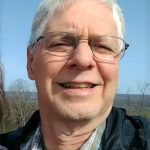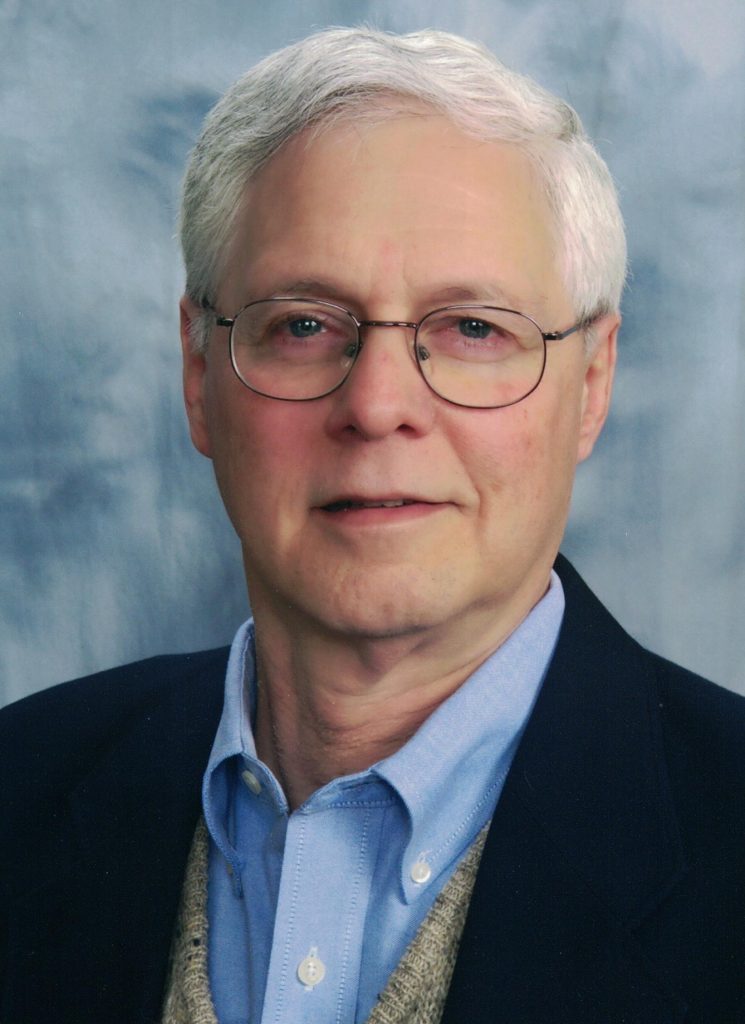I’m 77 years old. I was diagnosed with Inclusion Body Myositis (IBM) in 2005, about 17 years ago when I began experiencing muscle loss for no apparent reason. I learned that this was a rare disease with little known effective treatment.
The prospect of losing mobility and strength was devastating to me, because I had spent most of my adult life hiking, paddling, and sailing the waters from Long Island Sound to the Hudson Valley.
I was lucky to be diagnosed early and ultimately referred to the HSS Myositis Support Group. Participation in that group, facilitated by Suzan Fischbein, LCSW, has helped me by connecting me with people in the same situation, as well as with practitioners with the knowledge and skills to help us normalize our lives as much as possible.
During these meetings I have been able to share experiences with people who face the same challenges as I do. Often, these exchanges result in finding and sharing resolutions to the problems we face every day as myositis patients.
The professional practitioners who make presentations at our meetings also help us cope or come to terms with many of the challenges myositis patients face including diet, mobility, and maintaining strength. As group members, we have shared our experiences to help each other manage the difficulties these issues present.
In 2012 my wife and I moved to a Northern Kentucky suburb of Cincinnati to be close to one of our sons and his family. Normally, what would be a joyous transition for most people, was very stressful for me. In an instant, I lost all the support connections I had established living 30 years in the Hudson Valley. The joy of being close to our grandchildren was marred by the loss of support from friends and cohorts in my outdoor activities like hiking and kayaking. I was no longer physically able to meet the challenges of distant wilderness trips. But my friends in New York were there to help me enjoy the pleasure of paddling the waters of the Hudson Valley. Now, in my new home, I no longer have these connections.
However, I was at least able to stay connected to the support I needed through the HSS Myositis Support Group via video conference, which Suzan Fischbein helped make possible. That helped me deal with the feelings of isolation, because there was no one else with whom I could share the issues facing me daily. This connection helped me transition through a period made more difficult as my IBM progressively impaired my mobility.
Over the years I participated, the presenters at each meeting I attended provided helpful information. I learned something new, saw situations in a new light, or reinforced what I already knew.
During this time, I developed an ongoing interest in writing that began while in New York. I joined several writers’ workshops and enrolled at Northern Kentucky University. In December 2017, I graduated with a Master of Arts in English – Creative Writing. While I can no longer pursue adventures on wild waters or in the wilderness, that energy and love of life is funneled into my writing and shared with others.
A cane is no longer safe nor sufficient for my mobility. I use a rollator and plan all excursions to make sure I can participate in the activities that interest me.
I live by two admonitions:
1. Start with the end in mind! This forces me to plan for each activity, making sure there is access, and it can be completed with the greatest enjoyment and least amount of stress.
2. Make sure there is some activity or task I must complete tomorrow. It gives me an incentive to get up for breakfast each morning to do something positive, like read a book, write a poem, or go to the park on a sunny day.
The coronavirus pandemic has created additional challenges. I avoid gatherings that used to give me great pleasure like music venues featuring Bluegrass and Blues as well as in person classes and literary gatherings. While Zoom is not a good substitute it has helped me participate in poetry workshops and book club gatherings.
Life is full of challenges, not just from IBM. And let there be no mistake, I am subject to them as we all are. And they do affect me, often negatively. But I refuse to give up on they joys that reward me for maintaining my daily routine of rising to a shower, shave, and reporting for duty. Old habits are hard to break, thankfully.
Yet, even as the inevitable deterioration progresses, I am grateful for the encouragement and camaraderie of the HSS Myositis Support Group.





